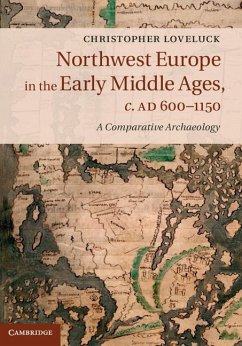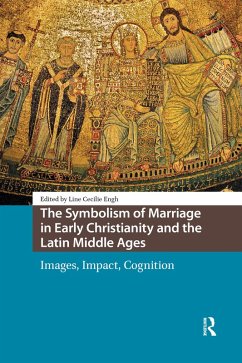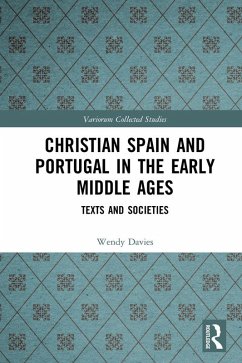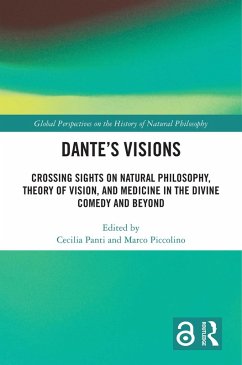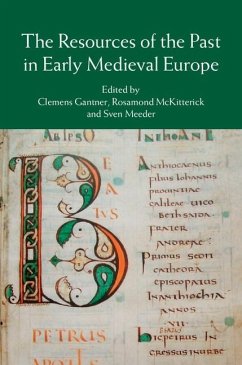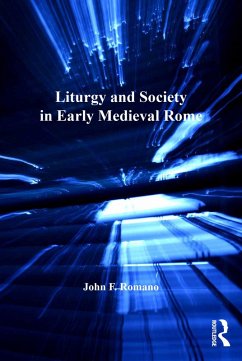
Dreams and Visions in the Early Middle Ages (eBook, ePUB)
The Reception and Use of Patristic Ideas, 400-900

PAYBACK Punkte
8 °P sammeln!
Dreams and visions played important roles in the Christian cultures of the early Middle Ages. But not only did tradition and authoritative texts teach that some dreams were divine: some also pointed out that this was not always the case. Exploring a broad range of narrative sources and manuscripts, Jesse Keskiaho investigates how the teachings of Augustine of Hippo and Pope Gregory the Great on dreams and visions were read and used in different contexts. Keskiaho argues that the early medieval processes of reception in a sense created patristic opinion about dreams and visions, resulting in a ...
Dreams and visions played important roles in the Christian cultures of the early Middle Ages. But not only did tradition and authoritative texts teach that some dreams were divine: some also pointed out that this was not always the case. Exploring a broad range of narrative sources and manuscripts, Jesse Keskiaho investigates how the teachings of Augustine of Hippo and Pope Gregory the Great on dreams and visions were read and used in different contexts. Keskiaho argues that the early medieval processes of reception in a sense created patristic opinion about dreams and visions, resulting in a set of authoritative ideas that could be used both to defend and to question reports of individual visionary experiences. This book is a major contribution to discussions about the intellectual place of dreams and visions in the early Middle Ages, and underlines the creative nature of early medieval engagement with authoritative texts.
Dieser Download kann aus rechtlichen Gründen nur mit Rechnungsadresse in A, B, BG, CY, CZ, D, DK, EW, E, FIN, F, GR, HR, H, IRL, I, LT, L, LR, M, NL, PL, P, R, S, SLO, SK ausgeliefert werden.




